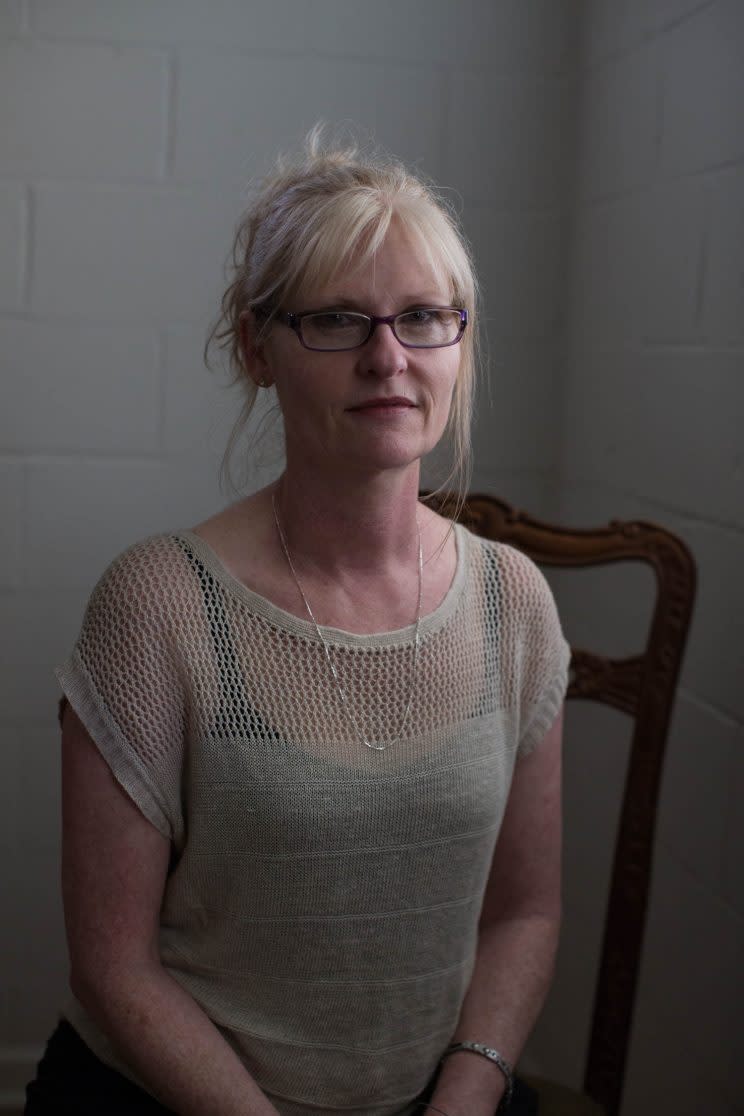Home-Birth Midwifery Is Legalized in Alabama

Activists are celebrating the legalization of home-birth midwives this week in Alabama, where Gov. Kay Ivey signed the long-fought-for Childbirth Freedom Act into law on Wednesday night after it passed both houses.
“I was completely in shock,” Jennifer Crook, a leading lobbyist for the cause, tells Yahoo Beauty. She’s the vice president of the Alabama Midwives Alliance, which, along with the Alabama Birth Coalition, has fought to change the law for nearly 15 years. It was a nail biter until the end, due to continuous opposition from the Medical Association of the State of Alabama (MASA), as well as the Alabama Department of Public Health.
“It really has been the perfect storm — changes in political leadership, an up swell in consumer support and work, and legislators coming together in a way I’ve never seen before,” Crook says. Now midwives must work to set up a licensing board and create rules and regulations, a process that could take 12 to 18 months, she says.
Alabama has become the 33rd state in the nation to legalize certified professional midwives (CPMs) to practice.

CPMs become accredited either through an apprenticeship or educational program, or a combination of the two. They differ from certified nurse midwives (CNMs), who must graduate from a CNM education program, maintain an active registered nursing license, and have a bachelor’s degree. In Alabama, CNMs cannot attend home births but can legally practice in hospitals; still, they rarely do because of highly restrictive physician supervision rules.
Until this week, midwives were banned altogether — not explicitly, but by legal precedent and as a result of the state having dissolved the path to licensure in 1976. Although 20 other states also ban or restrict CPMs to some degree, Alabama had become one of a handful (including California, Connecticut, and Illinois) willing to arrest midwives caught assisting a birth — as it did in the early 1990s, and again in 2002.

The ban sent a handful of Alabama midwives crossing state lines to practice so they could provide prenatal care and set up spaces in which to approximate home births for a steady stream of women. Yahoo News detailed the phenomenon, as well as the legal fight, in the story of Mobile, Ala., midwife Colleen Tullis and several of her patients in 2016.
“It was a huge victory,” Tullis tells Yahoo Beauty of the change in law, which decriminalizes Alabama CPMs in addition to setting up the path to licensing. The biggest drawback of the law, she says, is the inclusion of a mandatory malpractice insurance clause — something only two out of the 33 states with legal CPMs require. Tullis says she’s uncertain of how she’ll pass on the cost (which she estimates could be about $6,500 a year) to her patients, many of whom are low income.
Part of the demand for home-birth midwives in Alabama arises is that quality maternal care is not available to most women. The state is consistently rated among the worst in which to give birth in the nation, according to the March of Dimes Premature Birth Report Card, which recently issued Alabama another “F” (a grade it has maintained for years). It’s also where hospital labor-and-delivery rooms have closed over the years for economic reasons, leaving 38 of 67 counties with no hospital delivery units.
“A lot of it was consistently exposing this maternity care crisis,” Crook says of what ultimately helped change the law.
The pro-midwifery side did have to make difficult concessions — including keeping it illegal for CPMs to handle births of breech babies or twins, or even deal with vaginal births after C-section (VBACS). “Given our current maternity-care crisis in Alabama, any provisions that limit access to care are not ideal,” although there was a political reality within they had to operate, Crook says. “So we’re not done by any stretch of the imagination. But this is a remarkable step in the right direction.”
Read more from Yahoo Beauty + Style:
Follow us on Instagram, Facebook, and Pinterest for nonstop inspiration delivered fresh to your feed, every day. For Twitter updates, follow @YahooStyle and@YahooBeauty.


